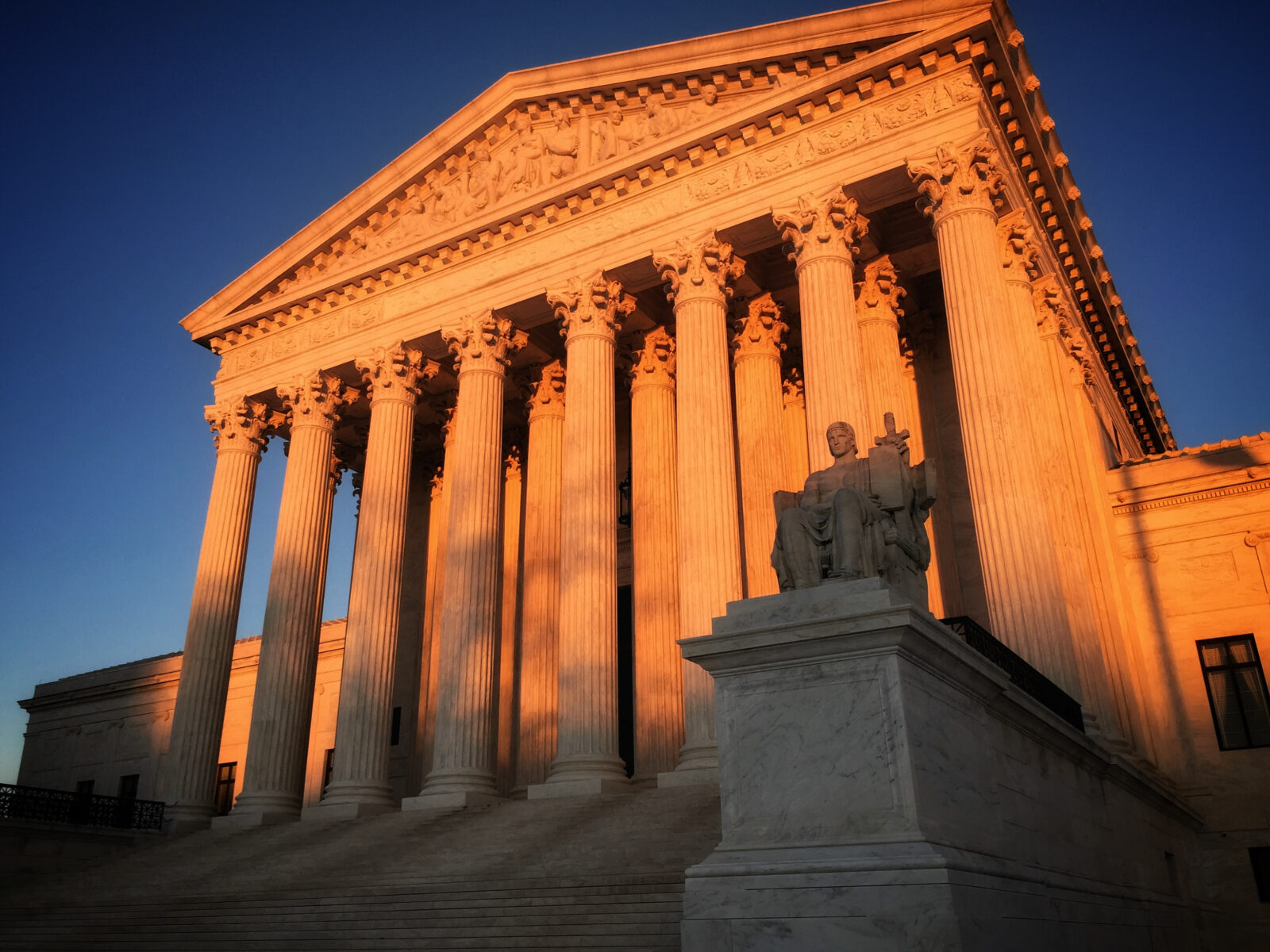February 16, 2022
Timing is Everything: Justice Breyer’s Retirement Announcement and the Court’s Contempt for Government Regulation

The recent announcement that Justice Breyer will retire at the end of the Supreme Court’s current Term was welcome news for progressives who eagerly want to fill his seat. While his retirement isn’t surprising, announcing a Supreme Court retirement in January, as opposed to at the end of the Term in June, is unorthodox.
Throughout his illustrious 27-year tenure on the Supreme Court, Justice Breyer has been a consistent member of the Court’s liberal wing and a fierce defender of the Court as a “non-political” institution, denouncing court packing and arguing that political intervention could further erode public trust in the judiciary.
Despite Breyer’s admonitions, several recent high-profile Supreme Court decisions have raised eyebrows for their blatant partisan undertones, including the Court’s declaration of war against the administrative state in the COVID-19 vaccine case just 13 days before his announced retirement.
A little backstory. Back in November, the Biden administration announced a vaccine or test requirement for private businesses with over 100 employees. Unsurprisingly, conservative politicians denounced the mandate as a violation of personal “freedom” and business interests sued to stop its enforcement.
On its face, NFIB v. OSHA is about the Occupational Safety and Health Administration’s (OSHA) statutory mandate to “ensure safe and healthful working conditions for workers” and whether that mandate gives the Biden administration the power to enforce its vaccine or test requirement for private businesses.
Although the Supreme Court has case law dating back to 1905 in Jacobson v. Massachusetts upholding compulsory state vaccination laws to protect public health, the Court’s conservative justices took a critical view of Biden’s federal mandate, concluding that OSHA cannot enforce its mandate during an ongoing public health crisis because the “response to a worldwide pandemic is simply not part of what the agency was built for.”
For an administrative law expert like Breyer, arguing that OSHA, the agency mandated to protect the health of workers, lacked the authority to protect workers’ health during an ongoing pandemic likely seemed laughable at best.
Sure, COVID-19 wasn’t considered when the Occupational Safety and Health Act was passed in 1970. But neither was the Internet. Or computers. Or most of the machinery used in warehouses today.
No, I suspect that Justice Breyer, the Supreme Court’s administrative law expert, immediately recognized that the motivation here is broader and more nefarious. This case isn’t about law and OSHA’s statutory mission. It is about the conservative legal movement’s utter contempt for government regulation and their disdain for mask mandates in schoolrooms, board rooms, and hotel rooms. This is about politics and the Court’s commitment to not only shrink the size of American government, but to cut off its legs so it can’t do anything – or at least anything the Court’s conservative justices do not agree with politically.
This isn’t new. Conservatives have long sought to use the Court to stymie executive branch policy decisions it disagrees with. This helps explain last Term’s decision in Cedar Point Nursery v. Hassid, in which the Court struck down a California labor regulation, and it will be in play next week when the Court hears West Virginia v. EPA, an environmental law case that could gut the government’s power to fight climate change.
The dispute in West Virginia is actually very similar to the dispute in NFIB – both cases ask whether a government agency has the power to regulate, in NFIB it is regulating vaccines, in West Virginia it is regulating greenhouse gas emissions. Conservatives tend not to like any regulation. But regulations safeguarding the environment and protecting workers? Those are definitely on the chopping block.
Under binding Supreme Court precedent however, the EPA is required to regulate greenhouse gas emissions. West Virginia however is hoping to severely restrict the EPA’s regulatory authority – restrictions that would wreak havoc on our planet, on global efforts to fight climate change, and on Biden’s own climate policy. But their argument, like the argument in NFIB, goes further. They are trying to use the lawsuit as a vehicle to severely restrict how government functions – ends which, not coincidentally, line up nicely with the republican party’s deregulatory agenda.
This is politics, pure and simple. And, with a 6-3 conservative Court, there isn’t much that can stop this dangerous partisan agenda. Justice Breyer, an institutionalist to the core, recognized that in his dissent in NFIB in arguing that the vaccine decision was simply “substitute[ing] judicial diktat for reasoned policymaking.” Perhaps, even for him, the Court’s political posturing was enough to realize that it was time to retire.
Importance of the Courts, Regulation and the Administrative State, Role of Regulatory Agencies, Supreme Court




